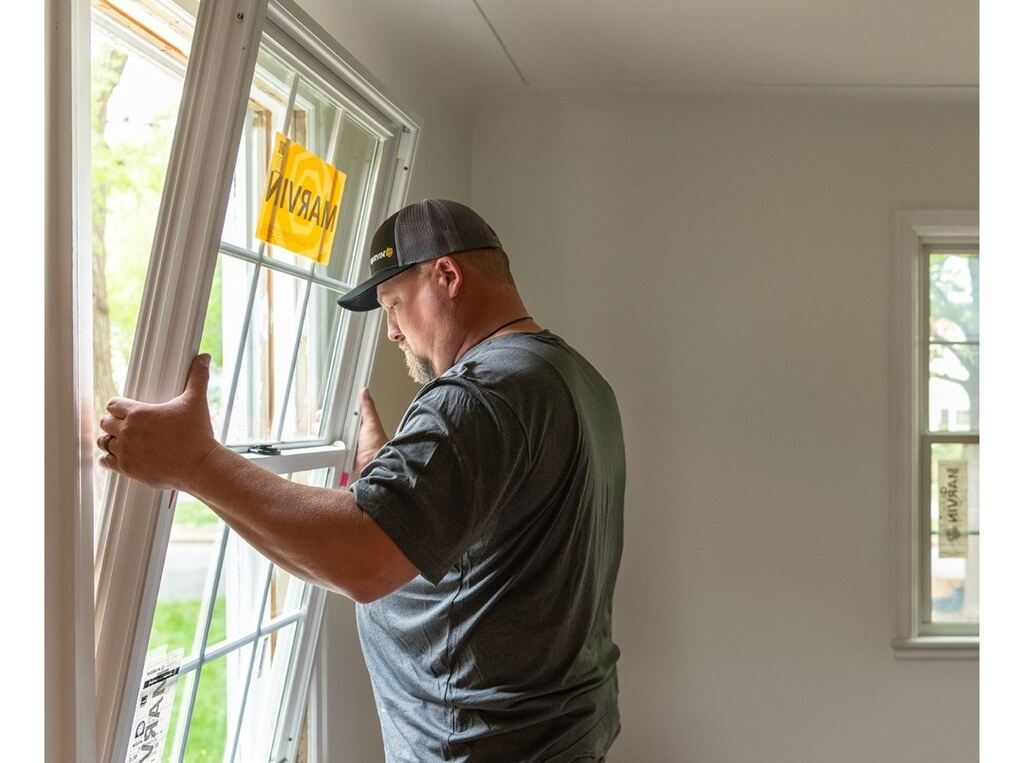Deciding between window repair and replacement can be challenging. The choice heavily depends on the condition of your windows and your long-term goals for your home’s value and efficiency. If your windows are severely damaged, outdated, or have poor energy efficiency, replacement may be the best option. On the other hand, minor issues like broken glass or sticky sashes might only require simple repairs.
As far as energy efficiency is concerned, windows play an important role. Older or single-pane windows might contribute to higher energy costs. Replacing them with energy-efficient models can significantly reduce heating and cooling expenses. A reliable window replacement company can guide you in choosing the best options for your home, ensuring a good balance between upfront investment and long-term savings.
Ultimately, the decision requires considering both immediate needs and future benefits. Homeowners should evaluate whether repaired windows will suffice in maintaining energy efficiency and property value. Each situation is unique, making it important to weigh the costs and benefits of both options carefully.
Key Takeaways
- Replacement is best for outdated or severely damaged windows.
- Repair might suffice for minor issues like broken glass.
- Energy-efficient replacements can reduce future energy costs.
Assessing Window Conditions and Needs
Understanding when to repair or replace your windows can save you money and improve your home’s comfort. Important factors include identifying damage like broken glass, considering energy savings, and assessing how these decisions impact property value.
Identifying Common Window Issues
Windows may suffer from various problems, such as condensation, broken glass, and structural problems. Condensation often occurs when moisture gets trapped between panes, leading to foggy windows.
It’s crucial to spot any drafts or leaks, as these can lead to poor insulation. Slow-moving sashes often indicate a problem with sash cords or springs, requiring a closer inspection.
Identifying these issues early can help decide whether minor repairs or full replacements are necessary.
Evaluating the Benefits of Repair
Repairing windows is often more cost-effective in the short term. For instance, fixing broken windows with small cracks or drafts can be done without significant expense.
Adding weather stripping can improve insulation and reduce drafts for a few dollars, offering immediate comfort. Repairs like this help maintain your home’s energy savings without a large upfront cost.
While not always a permanent solution, repairs can extend the life of your windows.
Considering Replacement and Its Advantages
Replacing windows can offer significant benefits, especially if energy efficiency is a priority. Upgrading to double or triple-pane windows can drastically enhance insulation, leading to reduced heating and cooling costs.
New windows can also boost property value, making this option attractive to homeowners preparing to sell. Replacement can be more costly upfront, but the long-term advantages often outweigh these initial expenses, such as improved comfort and reduced energy bills.
Understanding Costs and Long-Term Value
Deciding between window repair and replacement can greatly affect your home’s energy efficiency and property value. Each option has its own costs and benefits that need careful consideration.
Analyzing the Costs of Repair Vs. Replacement
Repairing windows is often cheaper upfront than full window replacement. Repairs typically range from $200 to $500 per window. This can be a suitable choice for minor issues like small cracks or hardware problems.
In contrast, replacement windows, including materials and labor, can cost between $400 and $1,500 per window. While this is more expensive initially, new windows might save money over time with reduced maintenance needs and improved energy efficiency.
Impact on Energy Efficiency and Savings
Energy-efficient windows can significantly reduce energy costs. Replacing old windows with energy-efficient ones can lower heating and cooling bills, ultimately saving money.
Vinyl windows, for instance, provide good insulation and can enhance the home’s overall energy performance. This can also reduce the workload on the HVAC system, potentially lowering repair and replacement costs for that system too.
The Effect on Property Value and Curb Appeal
New windows can increase a property’s resale value and enhance curb appeal. Homes with updated, stylish windows tend to attract buyers more easily and can often sell at a higher price.
Replacement windows are seen as a valuable feature because they imply reduced future maintenance for prospective buyers. Well-designed, energy-efficient windows may add significant value to the home, making it a smart long-term investment.
Conclusion
When deciding between window replacement and repair, assessing the condition of the windows is crucial. Minor issues such as small cracks or faulty seals may only require simple repairs. These are often cost-effective solutions that can extend the life of your current windows.
In contrast, severely damaged or outdated windows might need a full replacement. New windows can improve energy efficiency and increase a home’s value. Investing in modern windows can also provide better insulation and noise reduction benefits.
Choosing the right option depends on the specific needs of the home, budget, and long-term goals. By evaluating the windows’ condition, one can make an informed choice that balances comfort, efficiency, and cost.

